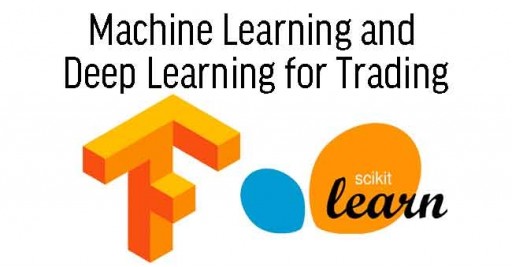
Machine Learning for Algorithmic Trading
Venue
Entrance Fee
Category
Event Type
Share
Schedule
| Date | Time |
|---|---|
| 02/08/2025 | 9:30 AM - 5:30 PM |
| 03/08/2025 | 9:30 AM - 5:30 PM |
| 15/08/2025 | 9:30 AM - 5:30 PM |
| 18/08/2025 | 9:30 AM - 5:30 PM |
| 30/08/2025 | 9:30 AM - 5:30 PM |
| 31/08/2025 | 9:30 AM - 5:30 PM |

Algorithmic trading relies on computer programs that execute algorithms to automate some or all elements of a trading strategy. Algorithms are a sequence of steps or rules designed to achieve a goal. They can take many forms and facilitate optimization throughout the investment process, from idea generation to asset allocation, trade execution, and risk management.
Machine learning (ML) and Deep Learning (DL) involves algorithms that learn rules or patterns from data to achieve a goal such as minimizing a prediction error. ML and DL algorithms can extract information from data to support or automate key investment activities. This course will teach the basis of ML and DL used for trading.
Disclaimer
This course is meant for educational. It does not offer any financial advise on investment. We will not be liable for any investment gain or loss.
Certificate
All participants will receive a Certificate of Completion from Tertiary Courses after achieved at least 75% attendance.
Funding and Grant
HRD Corp SBL KHAS Claimable for Employers Registered with HRD Corp

Course Code: M1161
Topic 1 Overview of Machine Learning Methodology
Introduction to Machine Learning
Machine Learning vs Deep Learning
Supervised vs Unsupervised Learning
Machine Learning Implementation Steps
Target and Features
Model Training and Prediction
Metrics to Evaluate Machine Learning Models
Topic 2 Supervised Learning Models and Applications
The Linear Regression Model
Logistics Regression Model
Naïve Bayes Model
Decision Tree Model
Random Forest Model
XGBoost Model
Neural Network Model
Topic 3 Unsupervised Learning Models and Applications
K-Means Clustering Model
Hierarchical Clustering Model
Principal Component Analysis